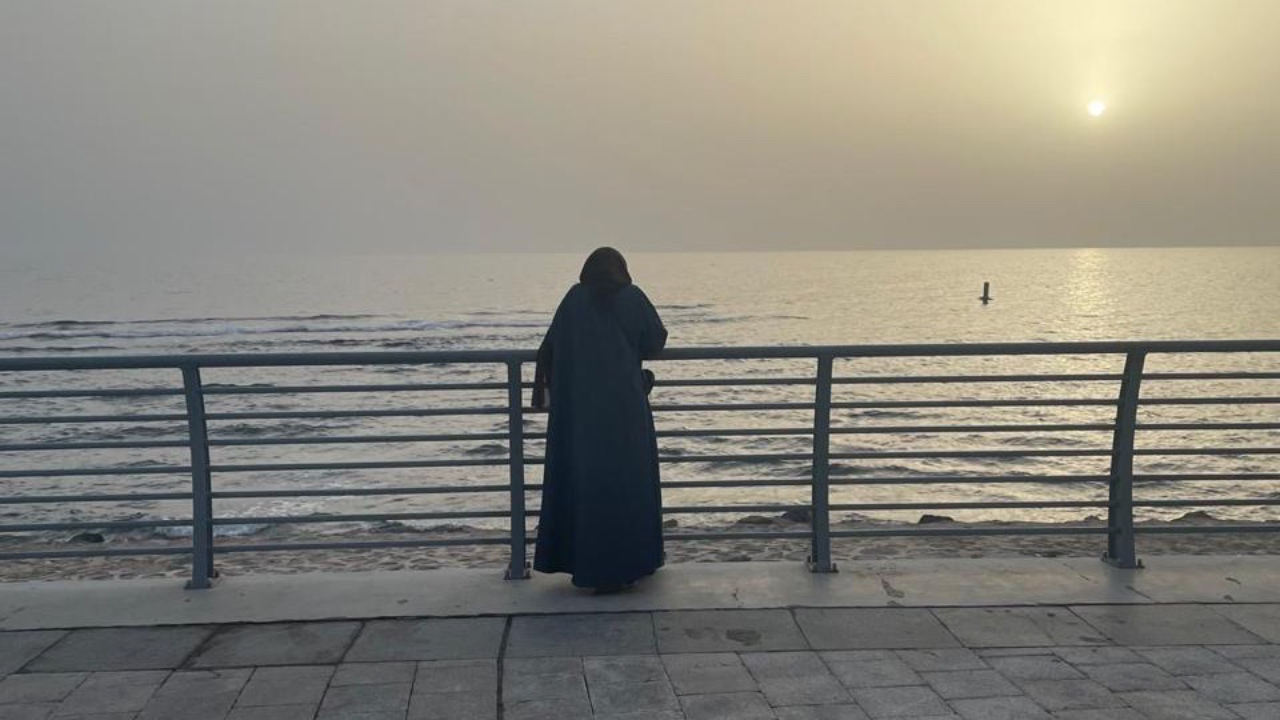Finding the World in Jeddah: Cosmopolitanism and Hospitality on the Red Sea Coast

I have been in Jeddah only seven months, and my Google Maps list for the city is already 162 bookmarks long. The list is mostly comprised of restaurants, which is certainly illustrative of how eating delicious food is so crucial a habit and hobby for me. But it is also indicative of something larger than my narrow interests, something historical, worldmaking even. A list of the most ethnically diverse yet simultaneously very local food spots tells of a history and present where this medium-sized city on the Red Sea coast has served as a portal of entry for prophets, pilgrims, and traders across millennia. And in so being, Jeddah became a cosmopolitan outpost, a culinary melting pot, and the very definition of hospitality.
As the primary entryway to Makkah and Madinah, Jeddah exemplifies what historian Ulrike Freitag calls “Islamic cosmopolitanism.”[1] Muslims from all four corners of the earth have been visiting the holy cities for centuries. Many have settled in Jeddah and the broader Hijaz region and maintained their culinary traditions even as successive generations assimilated completely into Hijazi culture, adding another piece to its mosaic. Eating Indonesian nasi goreng, Central Asian mantu, or Indian laddu in Jeddah is as thoroughly banal and regular a practice as eating a bagel in New York. Everyone does it, anytime, for any occasion. In other words, diversity in Jeddah is unexceptional and routine, and for that reason, it is all the more exceptional and noteworthy. Only an outsider like me is, at first, startled by it. For the locals, it is how things have always been.
A crucial corollary of this cultural and culinary diversity that defines Jeddah is the effusive hospitality of its people. As a continuously operating portal of entry, the city exemplifies not just cosmopolitan diversity but also hospitality, which is here an art executed at the highest levels of mastery. But unlike art, hospitality in Jeddah is effortless and compulsive even; Jeddawis cannot help but be the most generous and thoughtful hosts. As I made my way to different gatherings around the city, I made the rookie mistake of filling my belly beforehand lest I starve—a habit born out of years of attending events in the United States where no food was served and if it was, it invariably sucked. I quickly learned that in Jeddah one goes to events belly empty, confident that there will be food at destination. No matter the event or occasion—a lecture, a workshop, or a casual hang at someone’s house scheduled hours before or after universal dinner time—I would find a delicious and ample spread complete with fragrant qahwa, dates, and to-go boxes for anyone to pack up leftovers.
The guest is here king, and if you’re lucky enough to come through this Red Sea port—its Bride, in fact—you should stop by Qanaateer to experience this artful hospitality and, more importantly, learn a few things about how to be a good host. Hospitality for Jeddawis is instinctual and abiding; for the rest of us, it's a craft we can only hope to acquire, with effort and over time. And what better way to learn it than directly from its masters, here in Jeddah.
[1] Ulrike Freitag, A History of Jeddah: The Gate to Mecca in the Nineteenth and Twentieth Centuries (Cambridge: Cambridge University Press, 2020).


